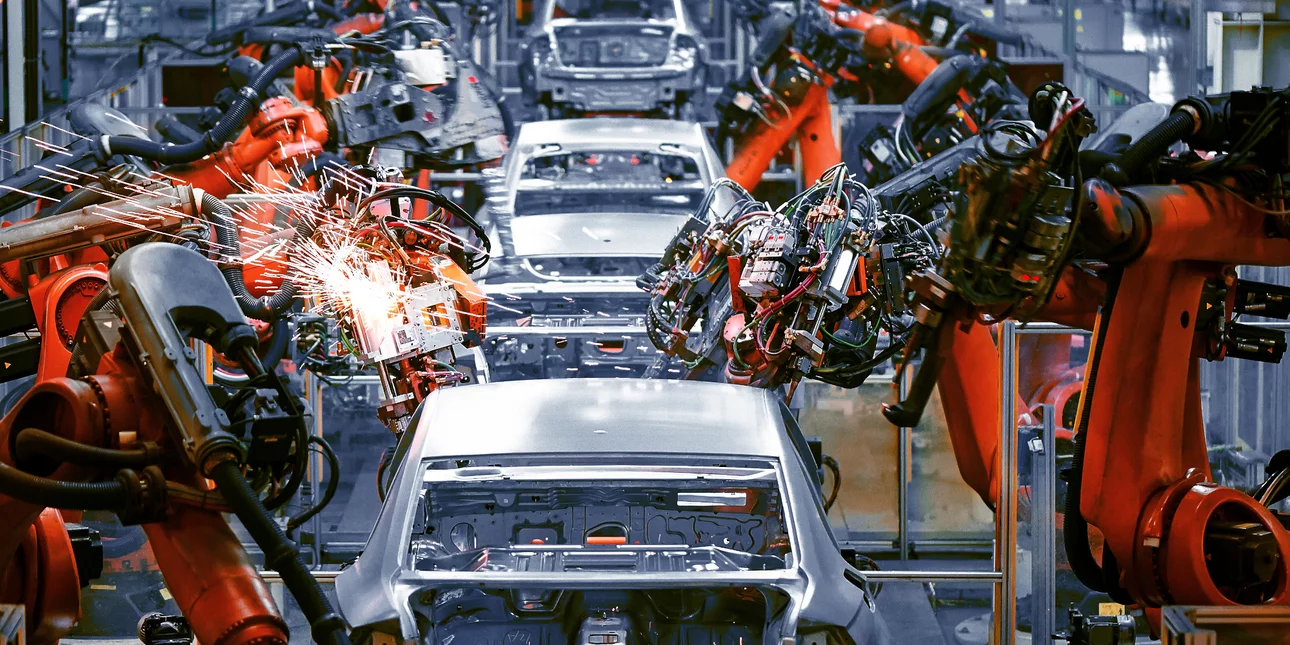In the evolving landscape of the automotive industry, a significant shift towards digital services is underway, promising a substantial increase in revenue streams for automakers worldwide. Currently, digital services account for a mere 3% of the industry’s revenue, a figure that barely scratches the surface of the high investment costs involved, according to Automotive News Europe.
Mercedes-Benz is at the forefront of this digital revolution, with seven of its models, including the fully electric EQE, boasting the capability of autonomous parking. This feature represents just one of the many potential revenue-generating digital services as the industry moves towards software-defined vehicles (SDVs).
The transition to digital-enabled services is expected to bring about a dramatic increase in revenue. Analysts predict that within the next two decades, these services could generate up to ten times the current earnings from digital offerings.
By 2030, digital services could contribute up to $1.5 trillion in additional revenue to the global automotive industry, Jürgen Reers, a consultant at Accenture, told Automotive News Europe. This projection is set to soar even higher by 2040, with potential earnings reaching $3.5 trillion, accounting for 40% of the industry’s total revenue, according to Accenture’s research.
The foundation of these digital services lies in the data from connected vehicles, integrated into an ecosystem of infrastructure providers, service offerings, and technology solutions. These connected services encompass a range of offerings, from entertainment to data services like predictive maintenance, which process vehicle data. Meanwhile, vehicle-based services, including autonomous driving, interact directly with the vehicles themselves.
Despite the current digital services contributing only 3% to the global automotive industry’s revenue, Accenture highlights the disparity between this figure and the billions of dollars automakers invest in developing SDVs. This gap underscores the potential for significant financial growth as the industry pivots towards a digital future, leveraging software-defined vehicles and connected services to unlock new revenue streams.
The automotive industry’s journey toward digitalization is not just about enhancing vehicle functionality or improving the driving experience; it’s a strategic move to tap into new revenue opportunities. As automakers continue to innovate and expand their digital service offerings, the next two decades could witness a transformative period in automotive history, marked by a tenfold increase in revenue from digital services.


